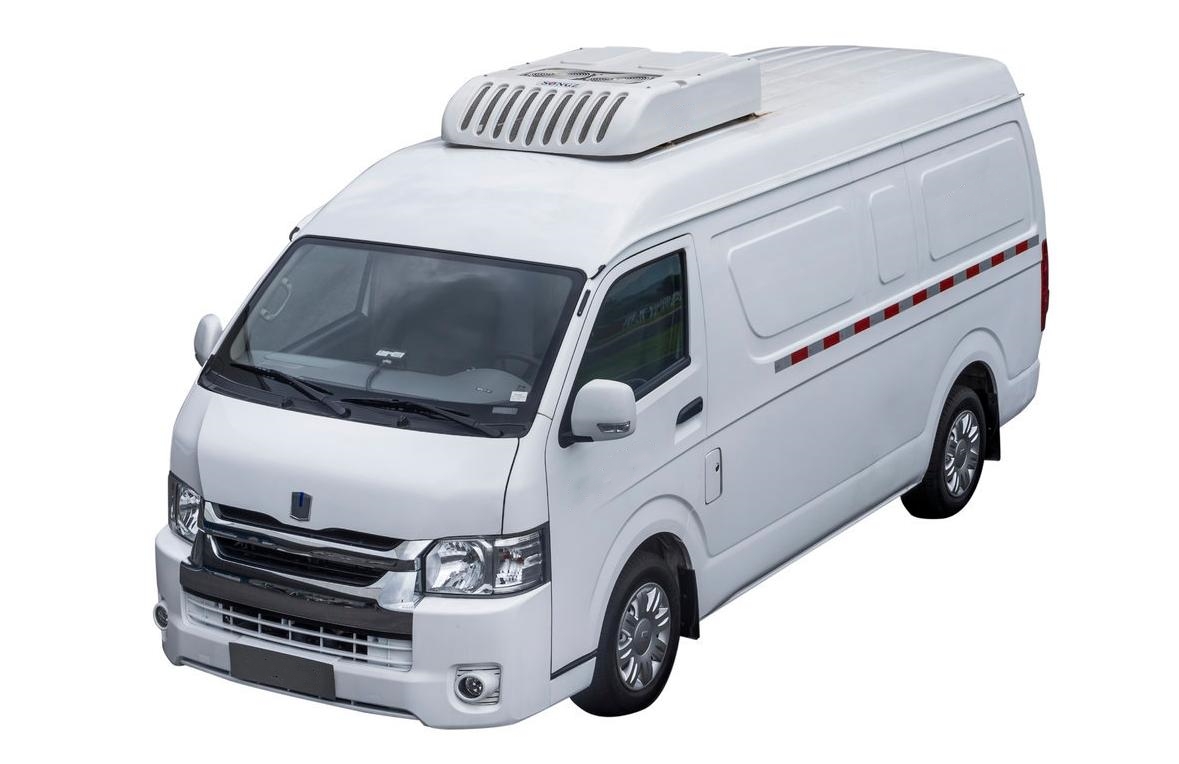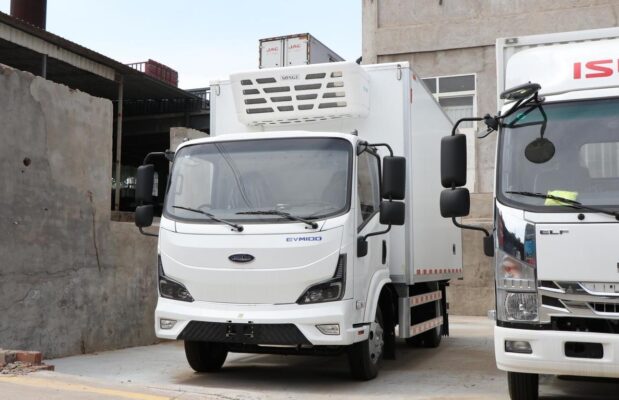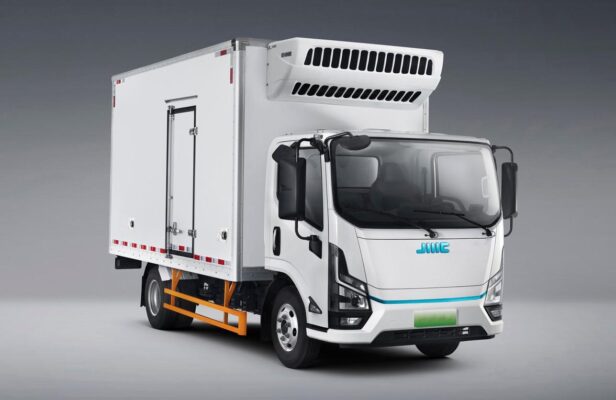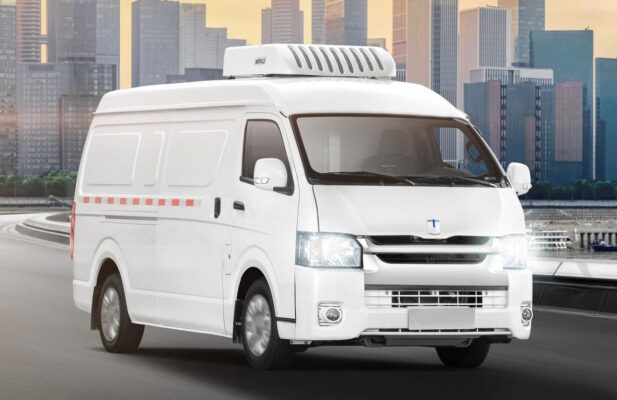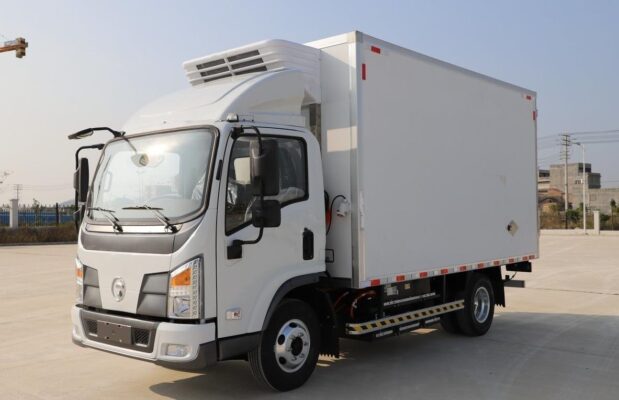Electric Truck News
Why Do Electric Pickup Trucks Feel Uncomfortable to Ride In?
Electric pickup trucks are becoming increasingly popular as a modern alternative to traditional fuel-powered trucks. However, while these vehicles offer eco-friendly benefits and low emissions, some users report a less comfortable ride experience compared to traditional fuel-powered pickups. There are multiple reasons why electric pickups may feel less comfortable, and understanding these factors can provide insight into the ways manufacturers are working to improve the ride quality of these vehicles.
Why Do Electric Pickup Trucks Feel Uncomfortable?
There are several key factors contributing to the perception of discomfort in electric pickup trucks. While not every electric pickup is inherently uncomfortable, some common design and structural features associated with these vehicles can lead to a less optimal ride experience. Below are some of the primary reasons why electric pickup trucks might feel uncomfortable to ride in:
1. Increased Weight Due to Battery Packs
One of the primary differences between electric and traditional pickups is the added weight associated with battery packs.
- Heavy Battery Packs: Electric vehicles (EVs) rely on large battery packs to power the motor, and these battery packs significantly increase the overall weight of the vehicle. Batteries are typically much heavier than the engine and fuel tank components found in internal combustion engine (ICE) vehicles. As a result, electric pickup trucks are often much heavier than their fuel-powered counterparts.
- Impact on Suspension: To support the added weight, the suspension system in electric pickups must be robust, which can impact ride comfort. If the suspension is too firm to compensate for the weight, the vehicle may feel rigid over uneven terrain. Conversely, if the suspension is too soft, the weight can cause excessive bouncing and reduce stability.
2. Suspension and Shock Absorber Design
The design of the suspension and shock absorbers is crucial for a comfortable ride, especially in a vehicle as heavy as an electric pickup truck.
- Optimizing for Weight Balance: The suspension systems of electric pickups often need careful calibration to account for the weight of the battery pack, which is usually distributed differently than the weight distribution in traditional trucks. When the suspension isn’t calibrated optimally, it may lead to either excessive stiffness or softness, affecting comfort.
- Sensitivity to Road Conditions: Electric pickups that use a stiff suspension to handle the battery weight can transmit more of the bumps and road irregularities into the cabin, making the ride feel rougher. Conversely, overly soft suspension might create a bouncy sensation, which is also uncomfortable.
3. Placement of Battery Packs and Vehicle Structure
The layout of an electric pickup truck‘s components also influences ride comfort.
- Battery Placement and Chassis Rigidity: In most electric vehicles, the battery pack is placed at the base of the chassis to keep the center of gravity low, which improves stability. However, this layout can lead to a more rigid chassis, which increases the likelihood of vibrations traveling through the vehicle and into the cabin.
- Transfer of Vibrations: This structural design makes electric pickups highly sensitive to road surface irregularities, as vibrations are less dampened compared to the design of fuel-powered trucks. These vibrations are often more noticeable in the cabin, especially over rough or uneven terrain.
4. Increased Sensitivity to Noise and Vibration
Noise and vibration are additional factors affecting the comfort of electric pickups.
- Absence of Engine Noise: While many people appreciate the quiet operation of electric vehicles, the lack of engine noise can make other sounds, such as tire noise, suspension noise, and wind noise, more noticeable. These noises are often masked by the engine noise in traditional vehicles but stand out more prominently in electric pickups.
- Vibrations and Road Noise: The quieter cabin environment means that any vibrations caused by rough roads or the vehicle’s structure are more easily felt by passengers. Minor sounds and road bumps, which might go unnoticed in a fuel-powered truck, can become much more pronounced.
5. Effects of Lightweight Design
While electric pickups are generally heavier than traditional trucks due to the battery, some models use lighter materials to extend range and improve energy efficiency.
- Use of Lightweight Materials: Lightweight materials can help electric pickups maximize their range, but they can also reduce the structural damping properties, making vibrations from the road more likely to transfer to the cabin.
- Trade-Off Between Range and Comfort: While lighter materials improve battery efficiency, they may also lead to a stiffer or less comfortable ride experience if not adequately compensated for in the suspension and chassis design.
How Can the Ride Comfort of Electric Pickup Trucks Be Improved?
To address comfort issues, manufacturers are continually exploring and implementing improvements. Here are some ways that ride comfort in electric pickups can be enhanced:
1. Optimized Suspension Systems
The suspension system plays a significant role in ride quality, especially in a heavy electric vehicle.
- Adjustable and Adaptive Suspension: Manufacturers can improve comfort by using adjustable or adaptive suspension systems that adjust stiffness based on the driving conditions. These systems are designed to provide a smoother ride over uneven roads while maintaining stability under the vehicle’s weight.
- Improved Shock Absorption: Enhanced shock absorbers that can better handle the increased weight of electric pickups can further improve ride quality. Using high-quality suspension components that adapt to road conditions can help in minimizing discomfort from bumps and vibrations.
2. Strategic Battery Placement
Proper battery placement can make a substantial difference in vehicle comfort.
- Modular Battery Designs: New battery placement strategies, such as distributing the battery weight evenly or adopting a modular design, can reduce rigidity and help with weight balance, which in turn enhances ride comfort.
- Damping Layers and Insulation: Adding insulation and damping layers around the battery pack and between the chassis and cabin can help absorb vibrations and reduce noise levels inside the cabin.
3. Enhanced Noise Insulation and Vibration Control
Noise insulation is essential in an electric vehicle where motor noise is minimal.
- Soundproofing Materials: Adding soundproofing materials to areas like the doors, floor, and roof can minimize road and wind noise. Electric pickup manufacturers can incorporate advanced sound-absorbing materials to make the cabin quieter.
- Improving Cabin Seals and Windows: Enhancing the seals around doors and windows, as well as using double-paned glass, can reduce external noise, creating a quieter environment within the cabin.
4. Intelligent Control Systems
Advanced control systems can automatically adjust various settings to enhance comfort.
- Adaptive Road Condition Control: Some electric pickups come equipped with systems that can adjust suspension, braking, and even speed based on road conditions. Such systems help maintain a smoother ride by automatically adapting to the terrain.
- Active Noise Cancellation: Using active noise cancellation technology within the cabin, similar to noise-canceling headphones, can help reduce unwanted sounds for a more comfortable, quiet ride experience.
Are Electric Pickup Trucks Less Comfortable Than Fuel-Powered Vehicles?
Not all electric pickups are uncomfortable. Some premium electric pickup models are designed with advanced comfort features, such as sophisticated suspension systems, enhanced soundproofing, and optimized seating, which can provide a ride experience equal to or even better than traditional fuel-powered trucks. Models like the Rivian R1T and Ford F-150 Lightning have incorporated advanced technologies aimed at improving comfort and reducing noise.
As electric vehicle technology progresses and manufacturers continue to innovate, the ride quality in electric pickups is expected to improve, helping them match or surpass the comfort of traditional fuel-powered vehicles.
Will the Comfort Issues of Electric Pickup Trucks Be Resolved?
The electric pickup market is growing rapidly, and as consumer demand for comfort rises, manufacturers are likely to focus even more on enhancing ride quality. Improved suspension technology, better soundproofing, and advances in battery placement and structure design are expected to address current comfort challenges. Be to, the competitive landscape is pushing manufacturers to make continuous advancements, ensuring that comfort issues will be prioritized alongside performance and range improvements.
Conclusion
While some electric pickup trucks may currently face challenges in terms of comfort, ongoing technological advancements are expected to resolve these issues over time. The unique design elements of electric pickups, such as battery placement, weight distribution, and noise sensitivity, all contribute to the ride experience, but with intelligent design and innovative solutions, manufacturers are working to make electric pickups as comfortable, if not more so, than their traditional counterparts.
